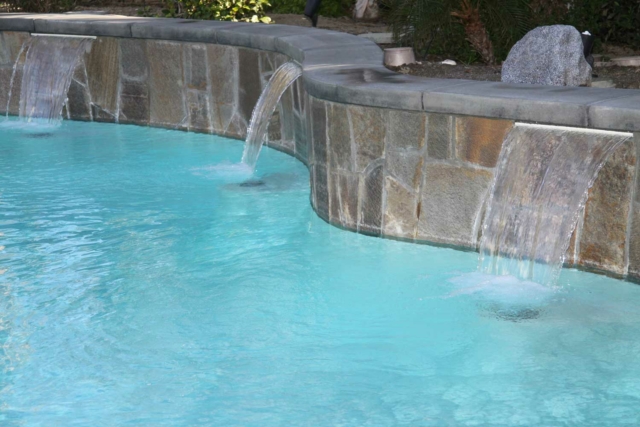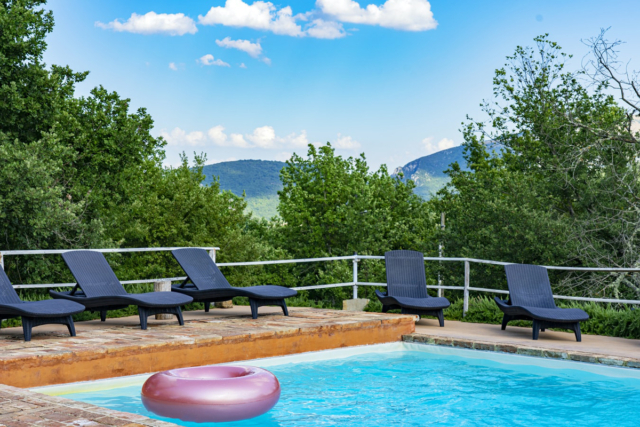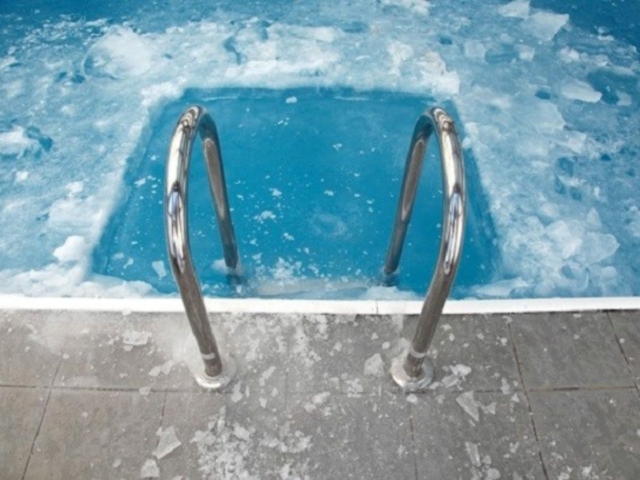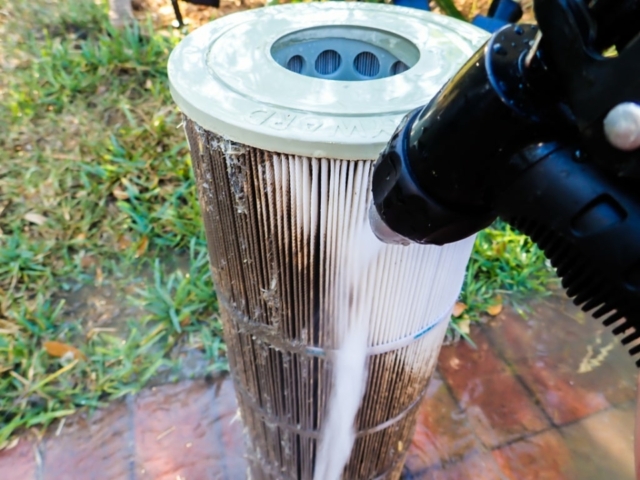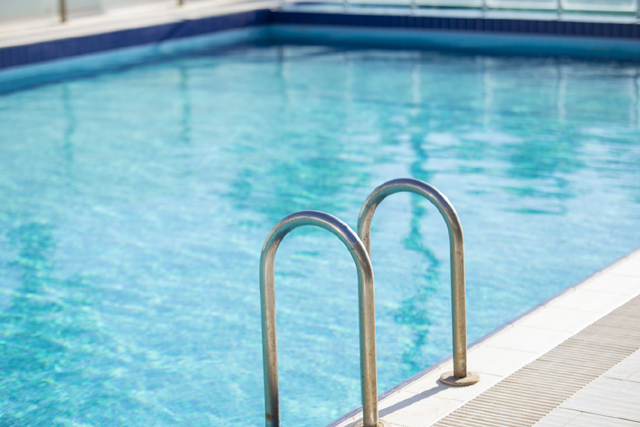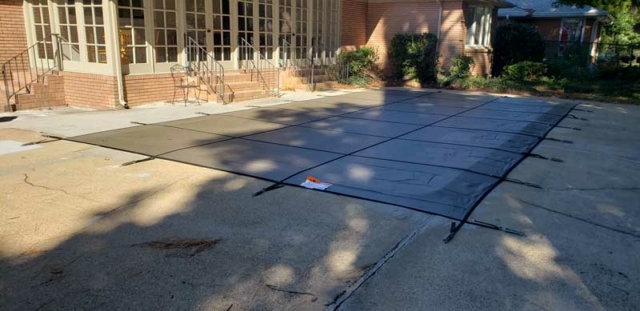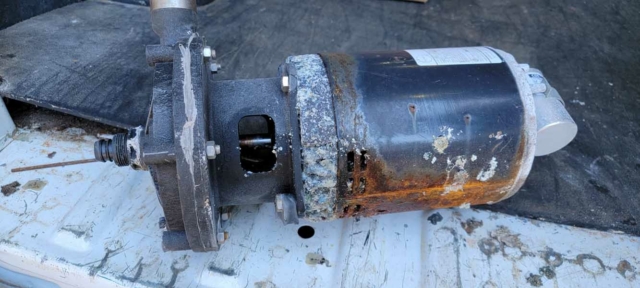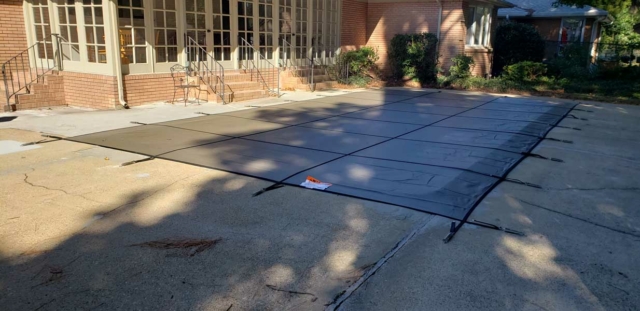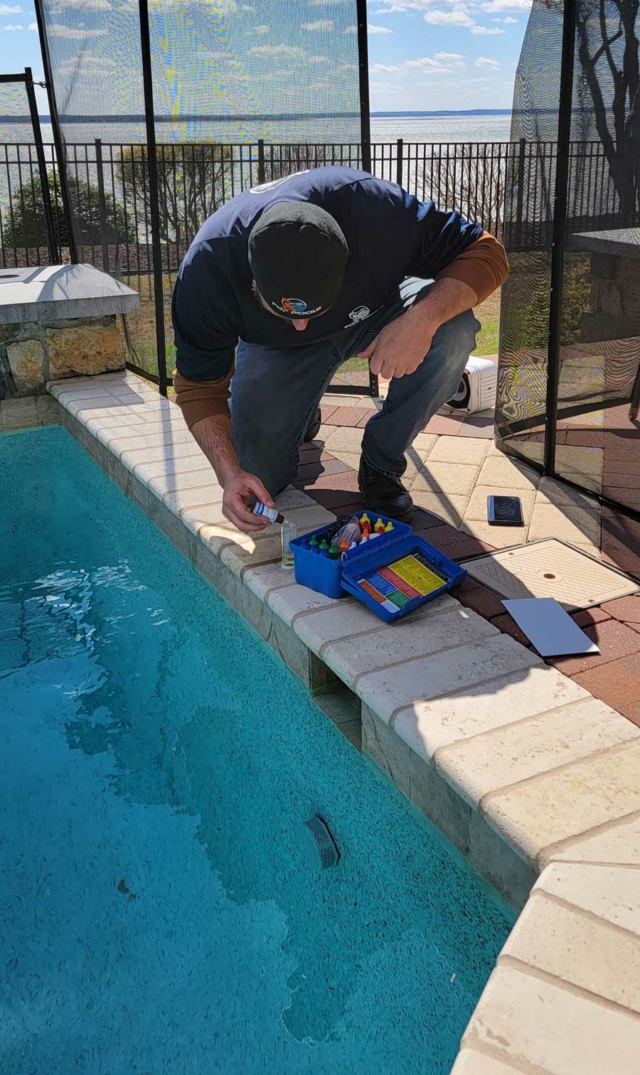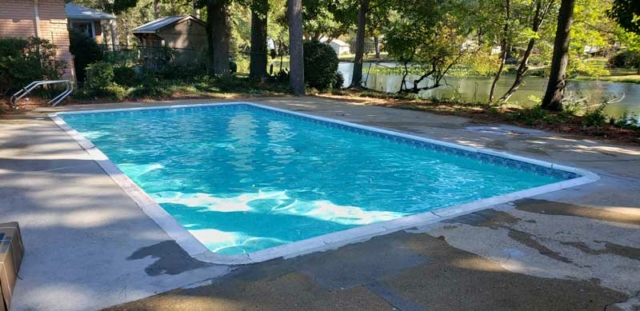How to Clean a Pool in Virginia
Having a pool in Virginia is not something you can construct and leave alone. It requires care and maintenance, just like any other asset you own. It’s important to clean your pool on a regular basis. It’s different than washing a bathroom or a car to cleaning a pool. In this article, we’ll show you how to clean a pool in your Virginia backyard so that it is safe for swimmers.
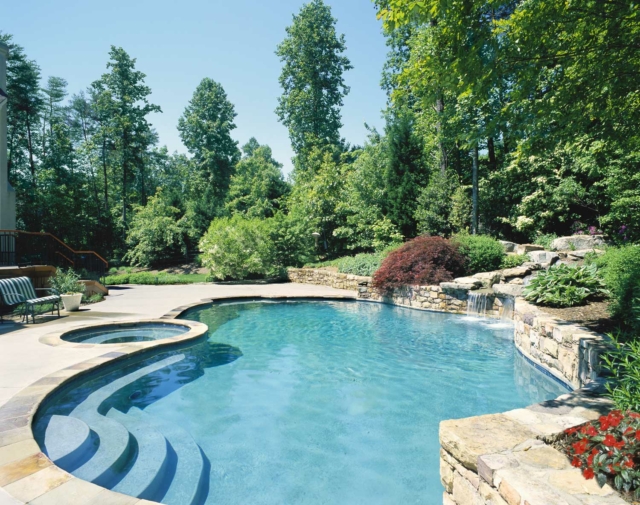
How to clean a pool: Must-have equipment.
Pool brush
Simply put, a pool brush is any brush that can scrub the pool’s walls or floor. You’ll need two different types in this scenario. A pair, one for the ground and the other for the walls and ladder.
Skimmer net
Floating debris, such as insects and leaves, is a regular annoyance in outdoor pools. You can easily remove them with a skimmer net.
Telescopic pole
A manual vacuum, skimmer net, and pool brush should all be attached to the pool maintenance kit’s rod. Nevertheless, a handle or rod is ideal, you can attach individual brushes permanently to the rod. You can use this in place of an expensive telescoping pole.
Automatic pool cleaner
A pool cleaner that operates on its own is called an automatic pool cleaner. But it is more expensive and may not be as effective as cleaning manually in some cases. The most expensive cleaners can perform the best job of pool cleanup.
Manual pool vacuum
You can remove accumulated dust on the pool floor with the help of a pool vacuum. In comparison to some automatic pool cleaners, it comes with higher recommendations. This is due to its potential for greater thoroughness and the fact that you can determine when it is finished by operating it yourself. Unfortunately, it requires a lot of work, especially if your pool is larger.
How to clean a pool: Steps
· Ready with the right chemicals and equipment
Before you start pool cleanup, you should ensure that you have all the necessary chemicals and equipment on hand.
· Up-to-date chemicals and working equipment
You can avoid a lot of trouble if you make sure the cleaning supplies and tools are in good shape. The chemicals in a swimming pool might be harmful to swimmers if they have expired.
· Removing debris from the water by skimming it
Here’s when having a skimmer would be helpful. Papers, dead bugs, leaves, seeds, and other debris can all be skimmed from the water’s surface with its help.
· Scrub the walls and the steps or ladder
Choose the right brush for the job. Specifically, the one made for thoroughly washing the sidewalls. This is useful for dislodging debris from the pool’s walls and eliminating algae growth.
· Clean the pool floor
Dust can settle to the bottom of outdoor pools, leaving unsightly stains. There are two options here: either using a vacuum cleaner to pick up all the dust and dirt on the floor or a broom and dustpan. If you don’t have a vacuum, you can use the brush and let the pool filter handle the trash. This is the traditional approach, although it has drawbacks when dealing with large waste such as twigs, stones, etc.
· Unclogging the filter
A vacuum cleaner helps to ensure the filter doesn’t clog too frequently. But the filter can still clog, especially if you don’t use a vacuum cleaner. For this reason, you’ll need to clear it of dirt frequently. Keeping the space around the filter clear of trash is a smart way to keep it from clogging on a frequent basis. When you’re not using the pool, a cover can prevent debris from falling into the water and spreading bacteria.
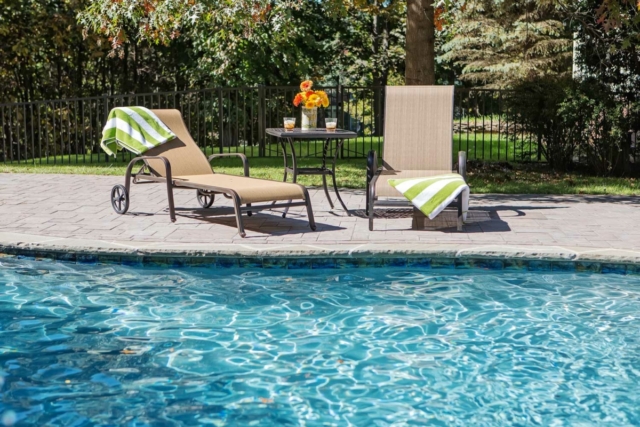
The heavier debris that may have fallen into the pool needs manual removal, which is a drawback. Or, if the pool is not protected, debris such as twigs could fall into it during a storm. A pool rake might be useful for this task. Use a plastic rake to avoid scratching the pool’s walls and floor.
· Check the pH levels of your pool water
The optimal range for a swimming pool’s PH is between 7.2 and 7.8. Nonetheless, 7.4–7.6 is the ideal pH range to maintain. To achieve this, you should use a pH reducer or adjuster. You can get a good pH meter or tester from a store that sells pool supplies if you want to test the water’s pH.
How to clean a pool – Conclusion
When a swimming pool stays clean on a regular basis, it is always safe for people to use. It’s not enough to clean the pool; you must also apply chemicals that sanitize the pool water and keep the PH at the proper levels. Remember also to stop algae growth, keep the water at the right hardness, and stop the formation and discoloration of water from common metals like iron and copper in piped water. Fox Pools is a pool service and repair company. We do it all: openings, closings, inspections, repairs, safety coverings, and more for your swimming pool in Virginia! Need help about how to clean a pool? Contact us today!

